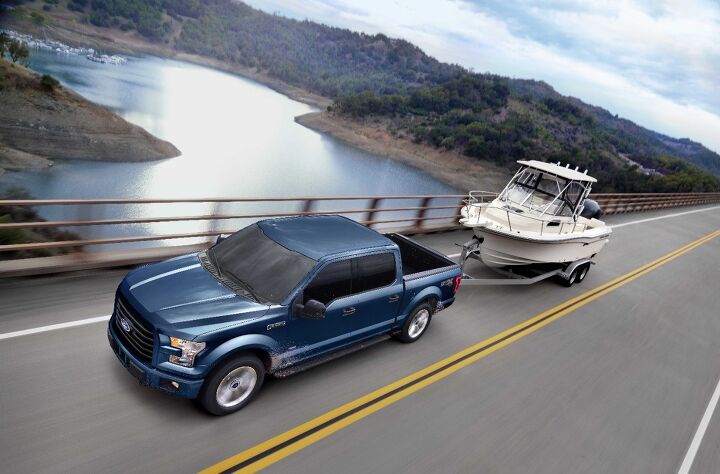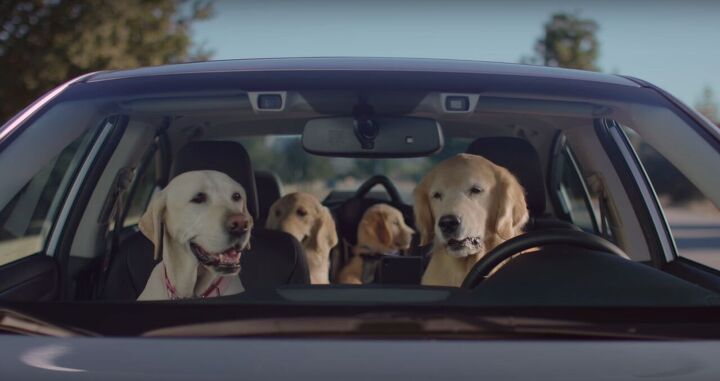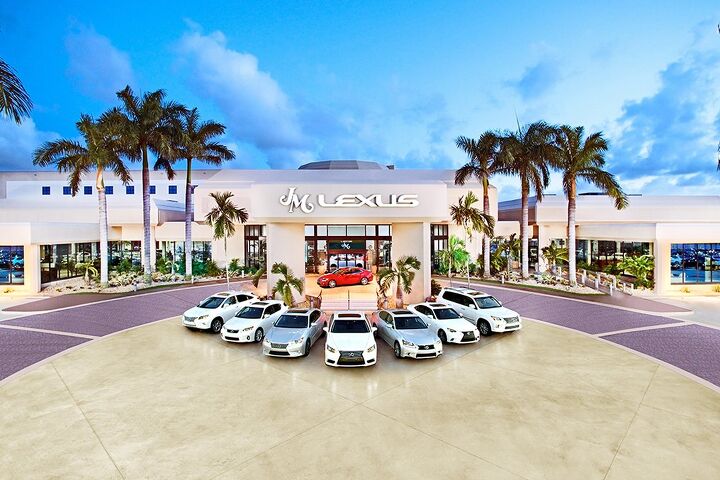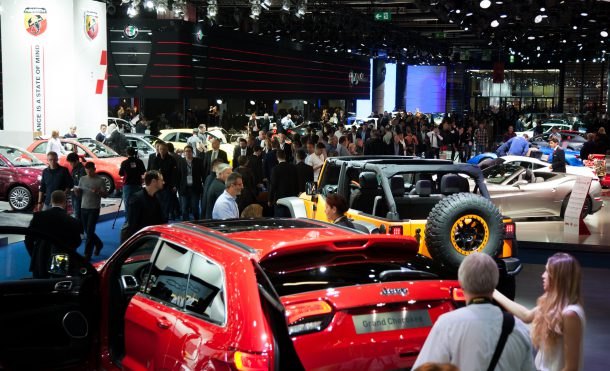#MarketingStrategies
Mini Seriously Streamlines Its Badge for 2018
Mini has revealed an ultra-streamlined logo that will begin appearing on the brand’s cars by March of 2018. Abandoning the three-dimensional model as the automaker’s official mark, the new crest isn’t any more exciting but does looks a bit more contemporary.
The new emblem actually made its debut on the Mini EV Concept in late summer. At the time, it wasn’t clear what the purpose of the new logo was. For all we knew it could have been a way of differentiating electrified models from the company’s main lineup, or simply be a way to further streamline the battery-driven concept. Instead, it’s to be the replacement for the old logo and will crop up in all the automotive locales one would expect: the hood, tailgate, steering wheel, and key fob.
Ford's Marketing Strategy for Plug-in F-150 Fixates on More Power
The pervasive opinion among truck enthusiasts and industry experts is that nobody cares about plug-in hybrid pickups. Fuel economy isn’t a major priority among those in the market for something that can haul bales of hay or a stable of horses.
This poses a problem for pickup manufacturers striving for lower emissions and fuel consumption. Ford, which previously lightened the F-150 and outfitted it with a bevy of more economical engines, knows this problem better than most.
However, Ford is pressing onwards. It even intends to bring a hybrid plug-in variant of its ultra-popular pickup to the market in the coming years. But how is it going to market the technology to consumers who are unlikely to care? The company has strategy for that and it’s less reliant on fuel savings than you might expect.
Subaru Believes Dog-focused Advertising Has Been a Large Part of Its Success
Automotive advertising has always been an amalgamation of information and hype. Carmakers use commercials to inform the public of what makes their model different and new, while simultaneously promising an intangible goodness. Mid-century ads were less specific, reassuring prospective customers of a nondescript better way of life, but modern marketing has become much more focused. If ads are to be believed, buying a car today means purchasing more than just the hardware its comprised of — you’re buying an identity.
I’m reminded of a collection of car commercials from the 1960s that essentially vowed to nerds that, if they bought a specific car, they would be pursued endlessly by attractive women. It was a bold and extremely unsubtle way to kick off the new trend.
We’ve come a long way evolved slightly since then, but the concept of identity-focused advertising is more popular than ever. In fact, Subaru attributes a large portion of its own success to marketing that closely associates the brand with good values, family, lovable mutts, and the great outdoors.
Dealer Lesson: JM Lexus, the Most Successful Lexus Dealer In America, Is a No-Dicker-Sticker Store
Half an hour from Fort Lauderdale, in Margate, Florida, sits JM Lexus, the highest-volume Lexus dealership in the United States.
Even by Lexus standards, where throughput is the best of any premium automaker operating in America, JM Lexus’ 8,000-unit new vehicle sales tally in 2016 was striking. That’s more than 150 new luxury cars, crossovers, and SUVs sold each week. That’s roughly six times the volume achieved by the typical Lexus dealer.
And JM Lexus, perennially the top Lexus dealer in America, does so as part of the Lexus Plus strategy: no negotiating, a single representative per customer, fixed prices for new and used cars as well as service fees and accessories.
Perhaps there’s a lesson to be learned by Lexus’ other dealers. For the time being, according to Automotive News, only 5 percent of Toyota’s premium brand stores operate under the Lexus Plus model.
Ford is Marketing the EcoSport Like We're All Still Children
Advertising isn’t designed to help you make an informed purchasing decision. While some auto ads occasionally cherry pick information to highlight a vehicle’s strengths, you see this tactic employed less and less lately. Pathos-driving advertising sometimes results in innocuous gems, like Subaru’s “ Dog Approved” campaign. However, there has been an obnoxious trend where cars, which are presumably for adults, are being marketed as if they are children’s toys.
One of the worst offenders of this phenomenon was Nissan. It tied the Rogue to the Star Wars franchise as much as possible — issuing television spots set in a galaxy far, far away, a special movie edition variant of the vehicle, crossover swag, and even a car modeled to look like an X-wing to display at trade events. It potentially worked, too — Rogue sales skyrocketed.
Taking notice, Ford has similarly decided to link the upcoming EcoSport to the new Guardians of the Galaxy film. The Blue Oval is taking that concept a step further, however. Its downright egregious marketing campaign feels like it belongs in the ad space reserved for Saturday morning cartoons, circa 1992, right next to a sugary breakfast cereal with a cartoon mascot. Ford has sweepstakes, comic books and a film cameo planned.
Here Are the Brands That Won't Be Shipping Out to the Frankfurt Motor Show This Year
Frankfurt is the real deal when it comes to trade events. Germany’s International Motor Show is the oldest and, frequently, the largest exhibition of new vehicles and automotive engineering on the planet. However, some important automakers are deciding not to bother with it this year.
The event’s organizer, Germany’s VDA industry association, has confirmed that several automakers have cancelled on the Internationale Automobil-Ausstellung in September 2017. While there will still be over 50 individual brands from Europe, Asia, and the United States, a few of the heavier hitters are following the trend of taking their marketing money off the floor and rerouting it back into digital advertising.





















Recent Comments